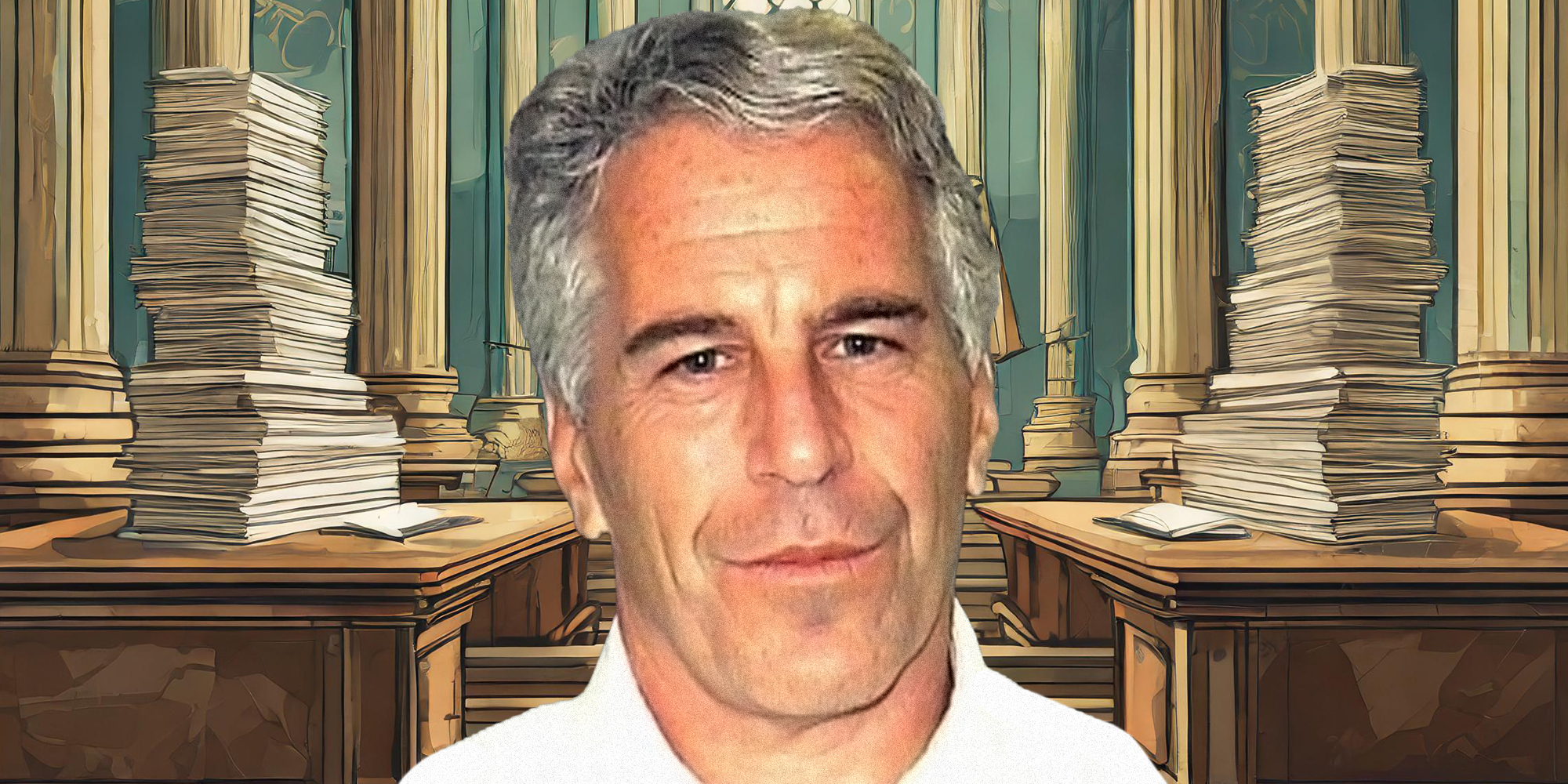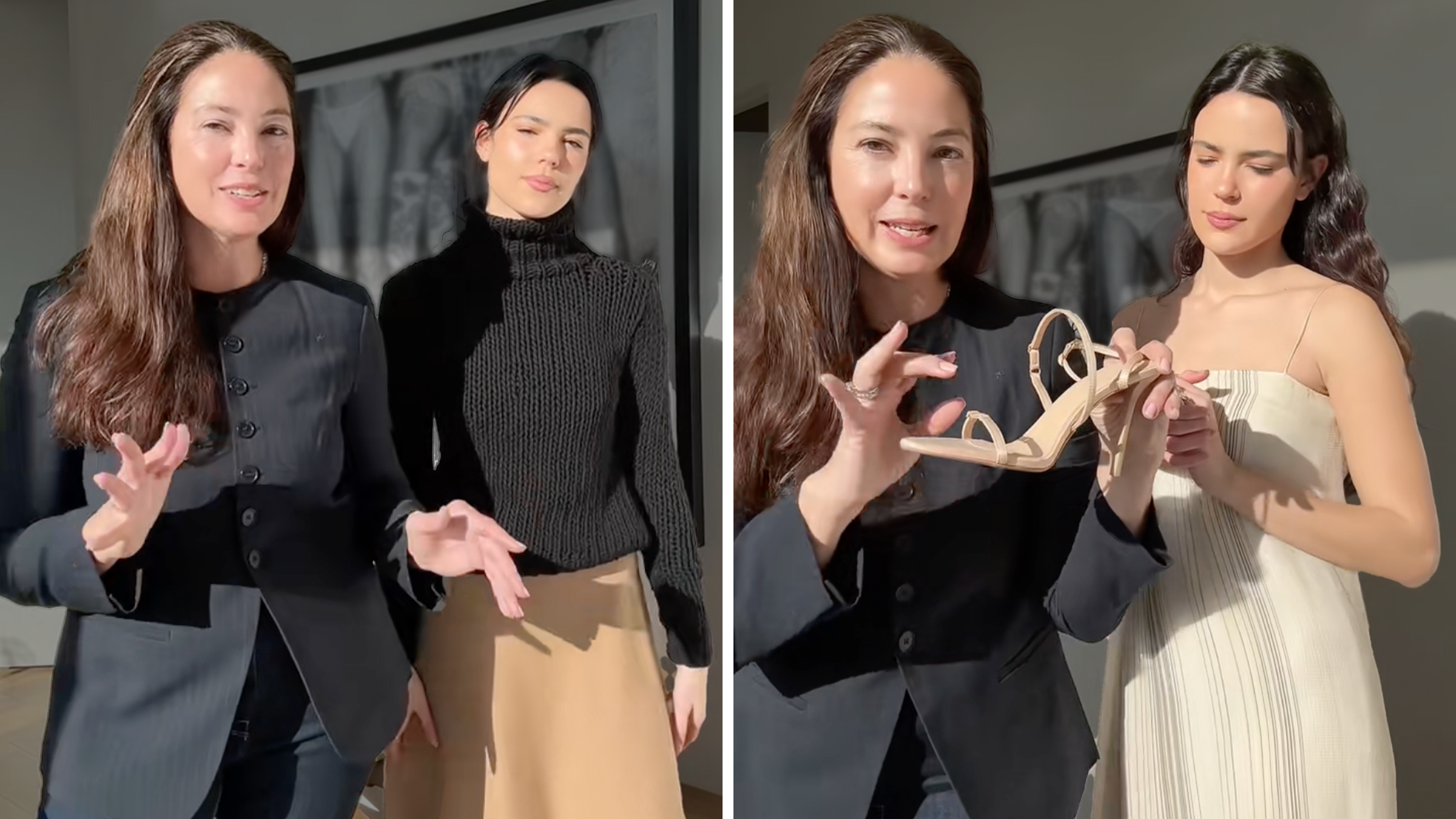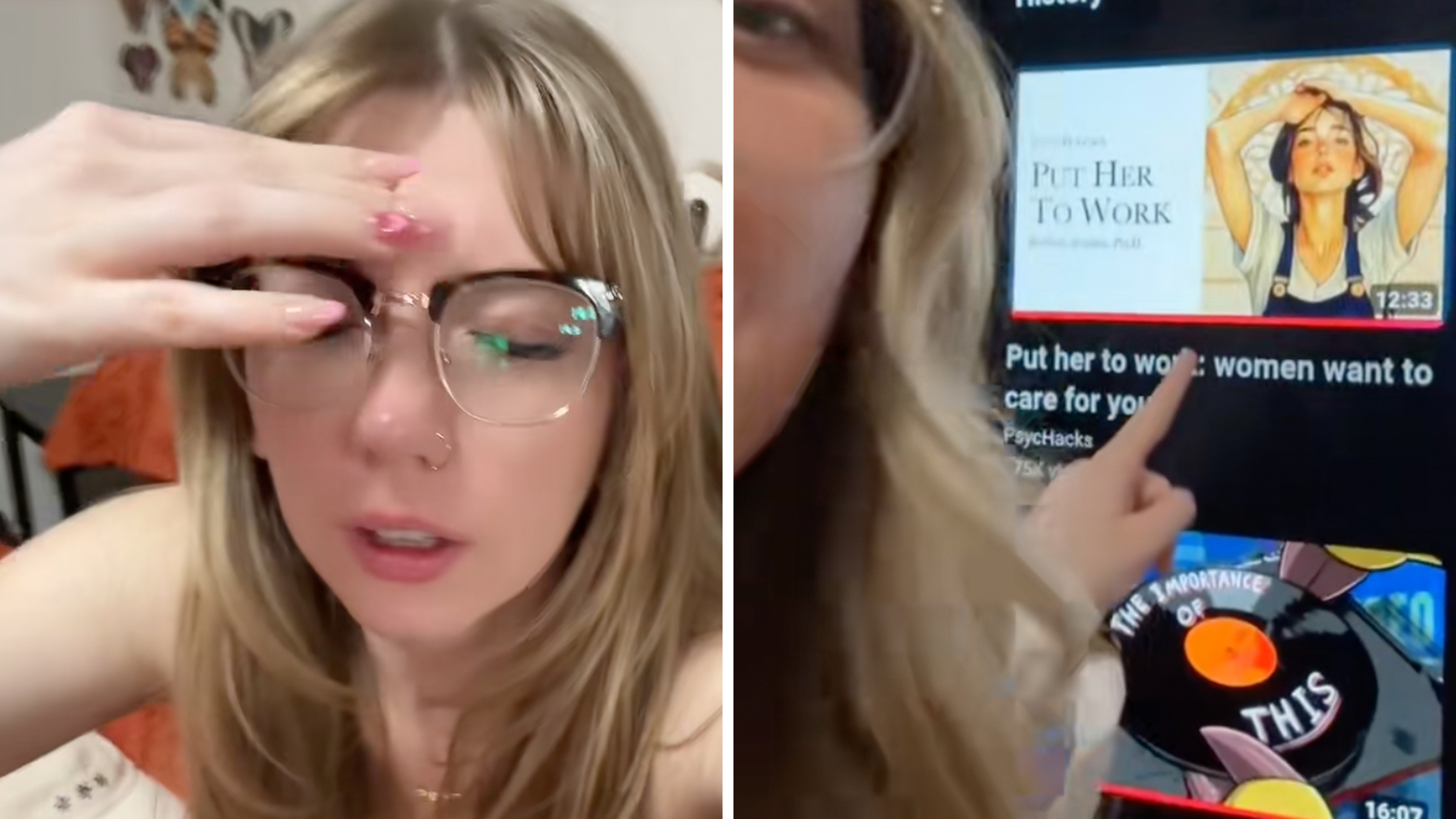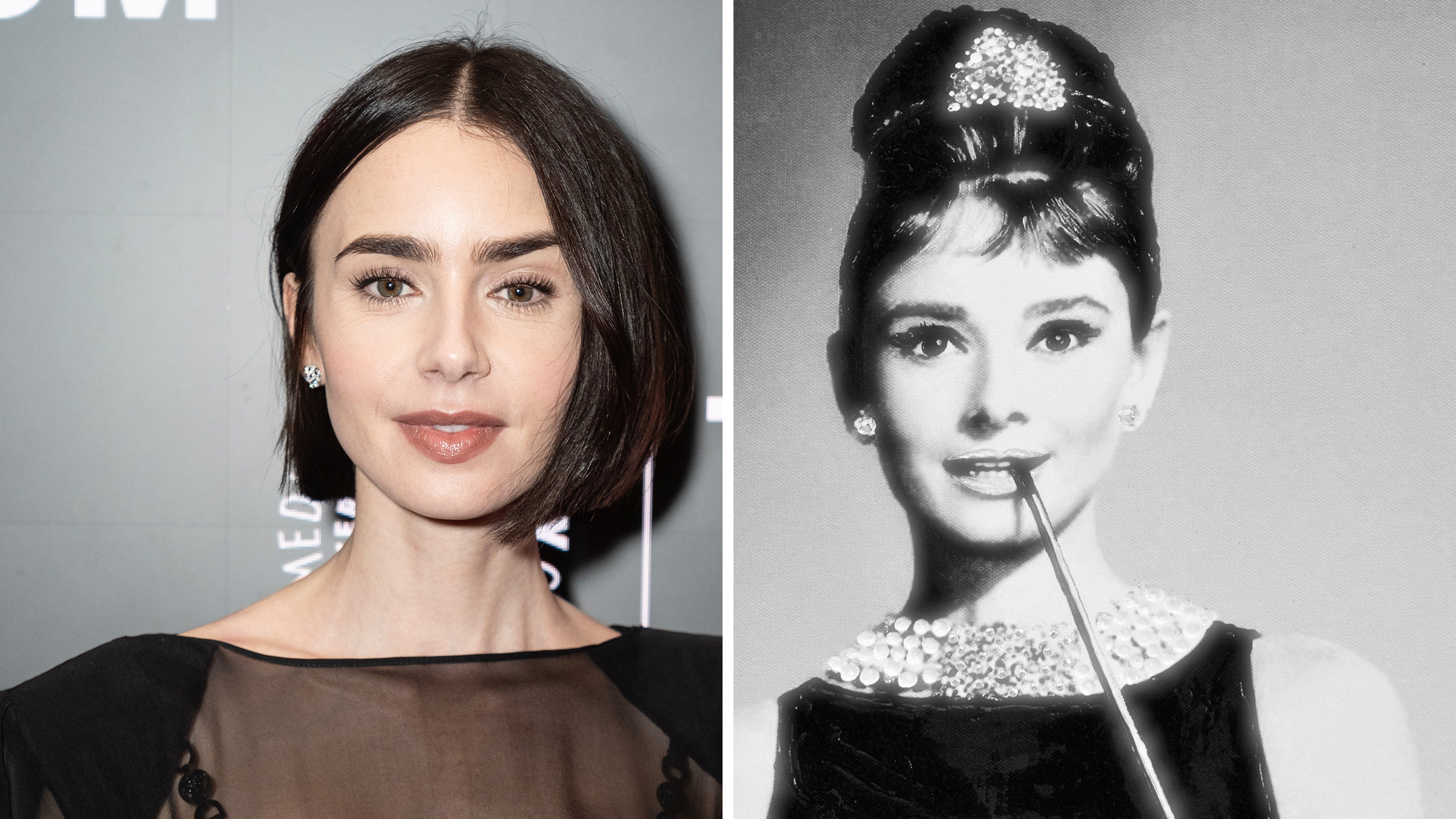First, they went viral. Now they’re being used to support at least one legal case aimed at what some lawyers have called the “Epstein Enterprise”: a broad, sprawling network of people, companies, and institutions allegedly complicit in the sexual abuse of dozens of women and girls perpetrated over decades by the deceased pedophile financier.
At the beginning of January, hundreds of documents in a previously settled defamation case between Epstein survivor Virginia Giuffre and his accomplice Ghislaine Maxwell, who was convicted of child sex trafficking in 2021, were unsealed by a New York judge.
Those files, which mostly named names and reported details that were previously known, were good fodder for clickbait, blaring headlines, and even some interesting revelations. Now though, some of those documents are moving their way through the legal system once again, with lawyers deploying them as ammunition in at least one other case targeting Epstein’s alleged criminal enterprise and associates.
One filing used comes in a case brought against Epstein’s longtime associate, the fashion billionaire Leslie Wexner.
Wexner, alongside his wife Abigail Wexner, their charities The Wexner Family Charitable Fund, the YLK Charitable Fund, The Wexner Foundation, and the company behind a city he built in Ohio called New Albany, LLC, are being sued in a New York court by a woman named Jennifer Araoz over allegations that Wexner and his entities were were responsible for the sexual abuse Araoz says she went through at Epstein’s hands.
According to the amended complaint in the case, Araoz was sexually abused as a teenager at Epstein’s townhouse on 9 East 71st Street in New York City. Araoz’s complaint alleges that the property was owned by Wexner at the time and that “employees of Wexner and or related entities” contributed to the abuse.
The complaint went on to allege that Epstein began grooming and sexually abusing her at 14 when she was attending a public school nearby, and raped her when she was 15. Araoz alleges that he groomed her “with the help of Leslie and Abigail Wexner, and a network of charities and trusts, and their employees.”
Araoz’s complaint says that because her father had recently died from HIV/AIDS and because she was being raised on welfare and food stamps by a single parent, “she was just the type of child that Epstien would prey upon.”
“She has real damages from this that are lasting as she dropped out [of] high school; never pursued college; never pursued the career she wanted; and it took many years before she was able to leave her house alone without her mother or her brother by her side,” the lawsuit alleges.
Wexner’s lawyers first struck back at the complaint by claiming that Araoz’s lawyer had tried to extort Wexner for $10 million in exchange for avoiding bad publicity and that the lawyer violated the terms of a confidentiality agreement with Wexner’s legal team for the purpose of reviewing documents. However, a judge ruled against disqualifying Araoz’s lawyer.
After that tactic failed, Wexner’s lawyers filed a more standard response alleging that the facts Araoz presented were wrong, that Wexner was unaware of Epstein’s actions, and that at the time Araoz alleges she was abused by Epstein, Wexner didn’t own the New York property.
Even before the Giuffre v. Maxwell files were unsealed, Araoz’s complaint relied on documents that came out in discovery in the case to back up her allegations about the relationship between Wexner and Epstein. She also pointed to the criminal trial against Maxwell in 2021, where Wexner came up.
In Araoz’s latest filing on Thursday, she pointed to ”relevant excerpts” of depositions Virginia Giuffre sat for in the Maxwell case there were recently unsealed. Araoz's lawyer didn't respond to questions about what specific sections they were pointing to, but in recently unsealed portions of the document, Giuffre names Wexner as someone she had sex with multiple times.
Wexner denied the claims point blank, but it appears Araoz’s lawyer is hoping to build on evidence from previous civil cases to support their case against Wexner.
The letter filed by Araoz’s attorney cited a couple of other documents in response to Wexner’s motion to dismiss.
Alongside the Giuffre deposition, the letter pointed to an order denying JP Morgan Chase and Deutsche Bank’s own motions to dismiss cases brought against them by alleged victims of Epstein that ended up being settled for hundreds of millions of dollars. And it also pointed to the settlement agreement between Giuffre and Prince Andrew, who was accused of being one of the men Epstein trafficked Giuffre to. That case never went to trial because of the settlement, but according to Araoz’s latest filing, it carved out an exception for Wexner to not be included in that settlement.
As of Friday morning, none of the attachments were uploaded to the electronic docket yet.
Wexner’s name has long been connected with Epstein after claims that Wexner had sold Epstein the New York townhouse for $0 back in 1998. Epstein also managed Wexner’s billion-dollar fortune—Wexner was his first big client, and for a long time his only publicly named client.
“In other words, Epstein became Epstein during his long association with Wexner,” as Vanity Fair put in one piece about the murky relationship between the men.







